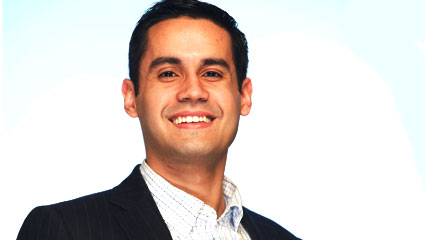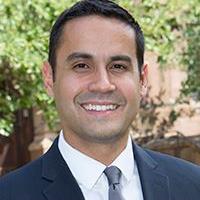When I hear someone complain that Twitter is simply a space for narcissists to announce their choice of breakfast, I can’t help but think of Roger Ebert.
The eminent film critic, Ebert is best known for his thumbs, the distinctive benchmark with which he and his friend Gene Siskel would evaluate films. In my own life, his reviews are the first stop after a particularly provocative, putrid, or puzzling movie. When a movie is great, I want to read how Ebert describes its artistry. When a movie is awful, I want to read how Ebert dissects its clichés. When I am unsure of a movie’s worth, I want Ebert’s discernment. I’m still not sure which of these reviews I prefer. After all, he consistently refuses to dismiss a film simply because it is popular and a blockbuster nor automatically praise a film because it is an auteur’s efforts.
In recent years, thyroid cancer and ensuing surgeries have left Ebert speechless but not voiceless. A recent profile in Esquire details in a refreshingly honest way, the joys and tribulations that have accompanied Ebert’s recent medical battles.
Though no longer able to eat, drink, or speak, Ebert’s voice has only been amplified in the last few years. He still reviews movies weekly. On his blog, he ponders matters cinematic and otherwise, even developing a powerful apophatic theology. http://twitter.com/EBERTCHICAGO [On Twitter, Ebert distills incisive, pensive, and sometimes merely whimsical thoughts in a mere 140 characters.]
I commend to all Ebert’s prodigious writing. It will stimulate your mind, delight your intellect, and stretch your thoughts. When he reviews movies or the day’s political events, Ebert is at once a cultural critic, a keen observer of human frailty, an unrepressed romantic, and, yes, a profound theologian.
Ebert’s recent experiences also provide a stark and valuable reminder for those of us who are public witnesses of the gospel. Voice is not solely–even primarily–physiological. Voice is not just those resonances that emerge from one’s throat and mouth. Instead, true voice is the natural outgrowth and expression of the complex intersections of honesty and passion, vulnerability and doubt.
At times, our voices will shrivel due to fear and anxiety, pride and arrogance. In other situations, our voices will rise to speak a prophetic word. The voice of the preacher is as personal and passionate as it is physical.
Were your speech to disappear tomorrow, how would you give voice to your thoughts? Would you “speak” differently if you were suddenly bereft of vocal facility? Were this Sunday your last in a pulpit, what and how would you preach?
The raw, honest voice that has characterized Ebert’s life and writing in the last years is a potent model for us. Even when expressing himself only 140 characters at a time, he speaks with a sense of clarity too often lacking in us when we forget the power of our voices.

